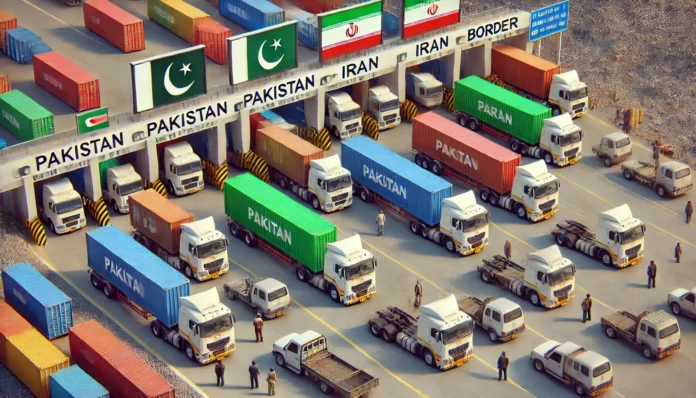The State Bank of Pakistan (SBP) has rejected the Ministry of Commerce’s recommendation to waive the Electronic Import Form (EIF) and Financial Instruments (FI) for trade with Iran and Afghanistan, highlighting that formal banking relationships with these countries will remain difficult without such waivers, according to a news report.
In consultation with relevant stakeholders, the Ministry of Commerce had previously recommended waiving the EIF and FI requirements to facilitate trade. However, the SBP raised concerns over the risk of misuse, as these transactions are settled outside the formal banking system.
According to sources in the Ministry of Commerce, the absence of active banking ties with these neighbouring countries complicates trade, particularly given the unique nature of transactions involving Iran and Afghanistan.
The SBP reiterated that without these waivers, trade with the two countries would remain difficult unless formal banking channels are established. The SBP proposed operationalising barter trade agreements with both nations as a more secure alternative, which would help avoid informal financial channels.
The SBP also called for stronger controls within the Pakistan Single Window (PSW) and WEBOC systems to ensure that only legitimate importers and exporters benefit from such facilitation. The SBP also stressed that any waivers should apply strictly to non-sanctioned goods from Iran and Afghanistan.
The import and export of goods between Pakistan and these countries are regulated under the Imports and Exports (Control) Act of 1950, which allows for various modes of payment, including barter trade arrangements.
Further regulatory details are contained in the SBP’s Foreign Exchange Manual, although there are no specific instructions for imports from Iran and Afghanistan. The SBP has suggested that a mandatory certificate of origin be required for goods coming from these countries via land routes. This would help distinguish goods of Iranian or Afghan origin from those transshipped through these countries from other regions, such as China or the UAE.
In 2023, the Ministry of Commerce and the Federal Board of Revenue (FBR) issued regulatory measures targeting Afghan Transit Trade, including a ban on certain items and a 10% processing fee. Sources indicate that some of these restricted goods are being routed through Iran to avoid these restrictions.
The SBP’s position underscores the challenges and complexities surrounding trade with Iran and Afghanistan, and highlights the need for clear and secure banking channels to support legitimate trade with these countries.




